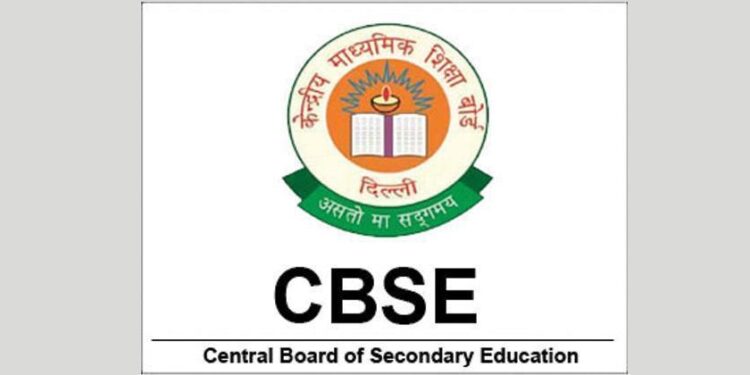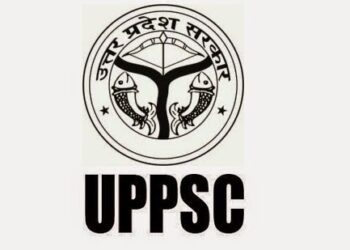The Central Board of Secondary Education (CBSE) has announced its revised syllabus for the academic year 2025-2026, implementing various modifications designed to enhance the educational experience for students in Grades 9 through 12.
According to the latest notification from CBSE, educational institutions are required to adopt new teaching methodologies, assessment techniques, and subject frameworks that focus on making learning more practical and engaging.
Let us explore the key updates and their implications for both students and educators.
TWO BOARD EXAMINATIONS FOR CLASS 10 STUDENTS
Beginning with the 2025-2026 academic year, Class 10 students will have the chance to take two board examinations each year—one in February and another in April. This initiative is intended to offer students a second opportunity to improve their scores within the same academic year.
- It is essential to highlight that this policy is still in the draft phase, and the final version has yet to be approved.
- The Class 12 board examinations will continue to be conducted once a year, with the 2026 exams scheduled to start on February 17.
- This new system will allow for a more effective conversion of examination marks into grades, providing a more detailed assessment of student performance.
- This approach replaces the previous five-point grading scale, aiming to deliver a clearer representation of students’ understanding and abilities.
PASSING CRITERIA FOR CLASS 10
To pass the Class 10 board exams, students must achieve a minimum of 33% in each subject.
In cases where a student fails a core subject such as Science, Mathematics, Social Science, or a language but passes a skill-based or optional language subject, the failed core subject can be replaced by the passed skill or language subject when calculating the final result.
For instance, if a student does not meet the required marks in Mathematics but successfully passes a skill-based subject, the grades from the skill-based subject will be used in place of those from Mathematics.
NEW TEACHING METHODS EMPHASIZE REAL-WORLD SKILLS
The recent notification from CBSE directed to the leaders of all affiliated schools indicates a significant shift in educational approaches, advocating for hands-on and inquiry-based learning.
- Schools are now required to implement:
- Project-based learning: Students will engage with real-world challenges rather than merely studying them.
- Inquiry-driven education: Rather than focusing solely on memorization, students will be encouraged to pose questions and seek answers.
- Tech-enabled learning: The integration of AI tools, digital resources, and online platforms will play a more prominent role in classroom instruction.
- Collaborative lesson planning: Educators will continuously adapt their teaching strategies to address the changing needs of students.
- The objective is to transition from rote memorization to an emphasis on comprehension, problem-solving, and critical thinking.
ASSESSMENTS TRANSITION TO COMPETENCY-BASED EVALUATION
CBSE is also overhauling its assessment methods. Rather than merely evaluating memory retention, examinations will increasingly concentrate on genuine understanding and the practical application of knowledge. Schools will create assessments that evaluate:
- Critical thinking
- Analytical abilities
- Conceptual understanding
- Practical application of knowledge
This transformation aims to better equip students for advanced studies and future careers by making the learning experience more relevant.
ACCESSING THE NEW SYLLABUS
The comprehensive syllabi for Classes 9 to 12 are now accessible on CBSE’s academic website. Students, parents, and educators are encouraged to examine these documents to become acquainted with the revised curriculum and assessment guidelines.
These modifications demonstrate CBSE’s dedication to cultivating a more holistic and skill-focused educational framework, thereby better preparing students for their future academic and professional endeavors.














